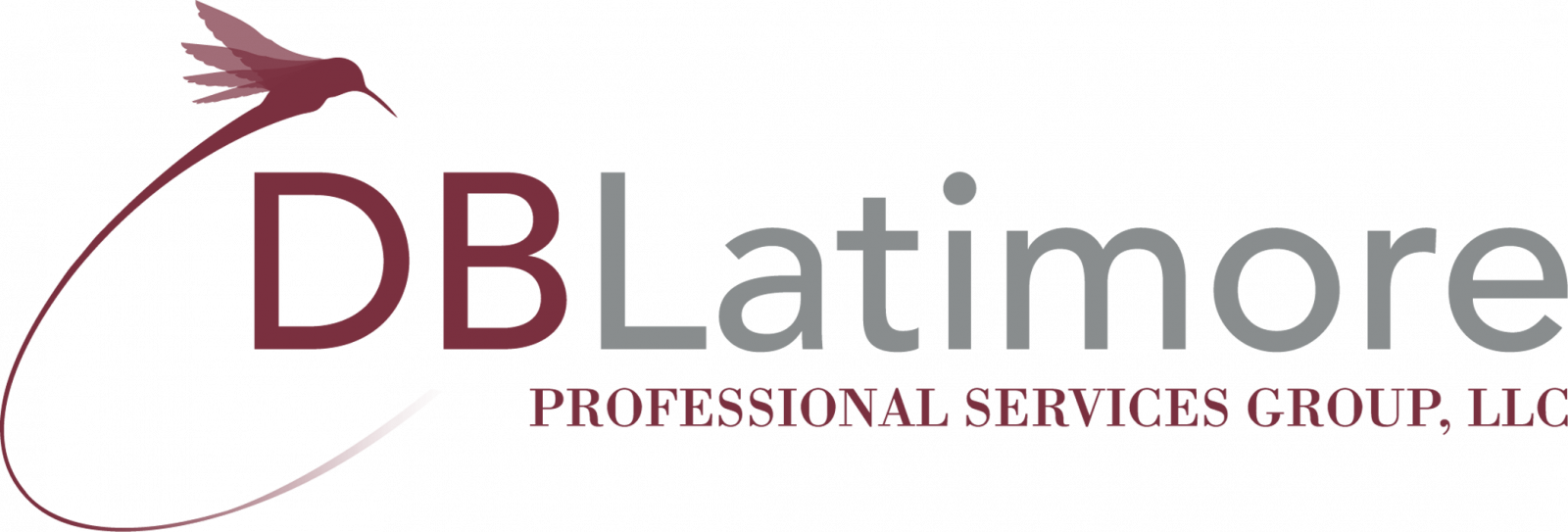“Our data on promotions is especially compelling. Companies are advancing leaders from diverse ethnic and racial backgrounds at a faster rate, but there’s a much higher retention risk. This makes inclusion more important than ever.”
— Stephanie Neal, Director of DDI’s Center for Analytics and Behavioral Research and General Manager of the GLF
Leadership Development is a critical element in building an inclusive workforce. In the DDI 2023 Diversity and Inclusion report, CEOs noted that developing the next generation of leaders was one of their chief concerns, just behind attracting and retaining top talent. One of the key challenges in creating a strong bench, however, is that many companies think too narrowly about their definition of leadership potential. Competency building is a path to developing inclusive culture.
In our blog this month, we focus on the competency of effective delegation to develop and promote an inclusive culture. Delegation is a skill that is taught at an early age – if you played a team sport growing up then you can remember the feeling of winning! In this example, the feeling of joy and engagement stems from your role played in the overall success. Your satisfaction comes from the trust that was created amongst your teammates to “do their part” and potentially someone else’s as necessary. Effective delegation is important because it helps develop the capacity of others. You’re able to not only build trust amongst employees, but it shows that their work is valued. Let’s dissect this a bit further, and understand the common challenges and/or barriers of delegation, the delegation types, and why organizations should pay attention to delegation as a core competency in an inclusive workplace.
When done correctly, delegation can increase well-being, productivity, and overall performance. However, there are many reasons as to why it can be challenging to do. Aside from factors such as timeline, feasibility, resources, budget, etc. The most common that we see in the field, tends to fall along the lines of fear of giving up control; this is usually coupled with also losing status, power, or influence. There’s also the doubt of what and when to delegate. There is also something to be said about the level of emotional intelligence and execution that, if missing, can make delegation feel burdensome. No matter the reasoning, we’re here to tell you that it’s possible to overcome. Here are some ways to do so:
- Remind yourself (and others) that delegation is a necessity
- Work to develop your knowledge and skills with best practices
- Seek feedback from those who are experienced in delegating
- Communicate and collaborate with the delegatee, by involving them in the decision-making and problem-solving process
It’s clear that delegation is not an innate skill set. It must be taught and enhanced in order to be utilized as a company’s strategic tool. Are you developing and empowering your team by giving them opportunities to learn new skills, take on more responsibility, enhance the quality and efficiency of the work by contributing to the goals of the organization at large? It’s important to understand the power of delegation and also essential to know the different levels. There are 5 main levels and they should all be communicated clearly to avoid any potential roadblocks. We could write an entire blog on each type, but at this time we’ll quickly highlight each:
- Assess and Report – the delegatee has authority to understand and assess the situation by information collecting; will not be apart of decision-making
- Recommend – the delegatee is now permitted to make recommendations but must still follow instructions from the delegator
- Develop Action Plans – the delegatee takes authority a step further by developing action plans and taking steps toward achieving the team’s goal with manager approval
- Decision Making – delegatee can make decisions independently with full authority & responsibility for the outcomes
- Complete Delegation – Complete control and authority from the delegatee, however the delegator retains the final authority and responsibility regarding the task
While these levels go in order from least to great responsibility, these are not to be confused with the types of delegation:
- Delegation of authority – handing over power and decision-making to free up time
- Delegation of responsibility – trusting delegatee with completing a specific task or project
- Complete or partial delegation – fully delegate the responsibility or only partially delegate it when they assigning a task or project
- General or specific delegation – delegating a task or project to an employee without specifying the level of detail or specifics
- Formal or informal delegation – formal is set within the structure of the organization; informal may happen at the behest of circumstances
All of the above illustrates that delegation is much deeper than assigning a task and deadline. When company and team goals are clear, the ability to know which level and type of delegation is required for a specific role, task, or project becomes easier. In return, focus will be rendered as a result allowing for the appropriate checks and balances along the way.
We’ve hosted many workshops and retreats over our 10+ years in business, and we cannot talk enough about the importance of refining leadership skills. Delegation should always be a priority amongst your leaders, simply because of the benefits to both parties. The delegator can tap into the diverse talents, perspectives, and experiences of others, in addition to reducing stress and burnout. Delegation is a career development tool which allows for the individual to grow their knowledge/experience and flex their creativity muscles. Delegation is not a one-off action, but rather a process that requires careful planning, communication, and follow-up. As you reflect on your own organization’s leadership development, is delegation being considered? We challenge you to think through areas in which delegation may support alleviating roadblocks that could be at the root of the cause.
ABOUT US
DB Latimore Professional Services Group, provides services that are tailored to the needs of an organization by utilizing our exclusive Productivity Powered by P.E.O.P.L.E.® framework. We provide leadership development that aligns with strategy by cultivating employee value — driving productivity that educates and empowers workforce longevity.
Make a change in your strategic approach to developing leaders for operational success.We encourage you to take action now! Engage with us today and allow our team to access and understand your environment to develop a customized plan for your organization. Schedule your consultation today.



